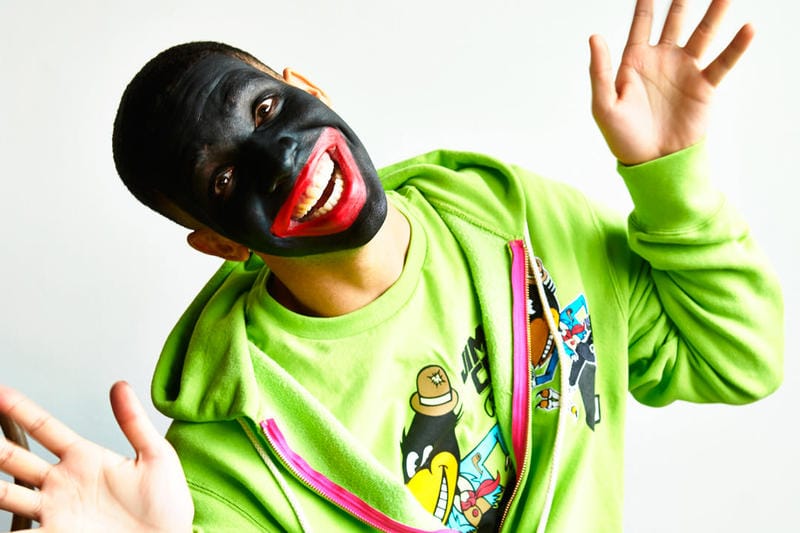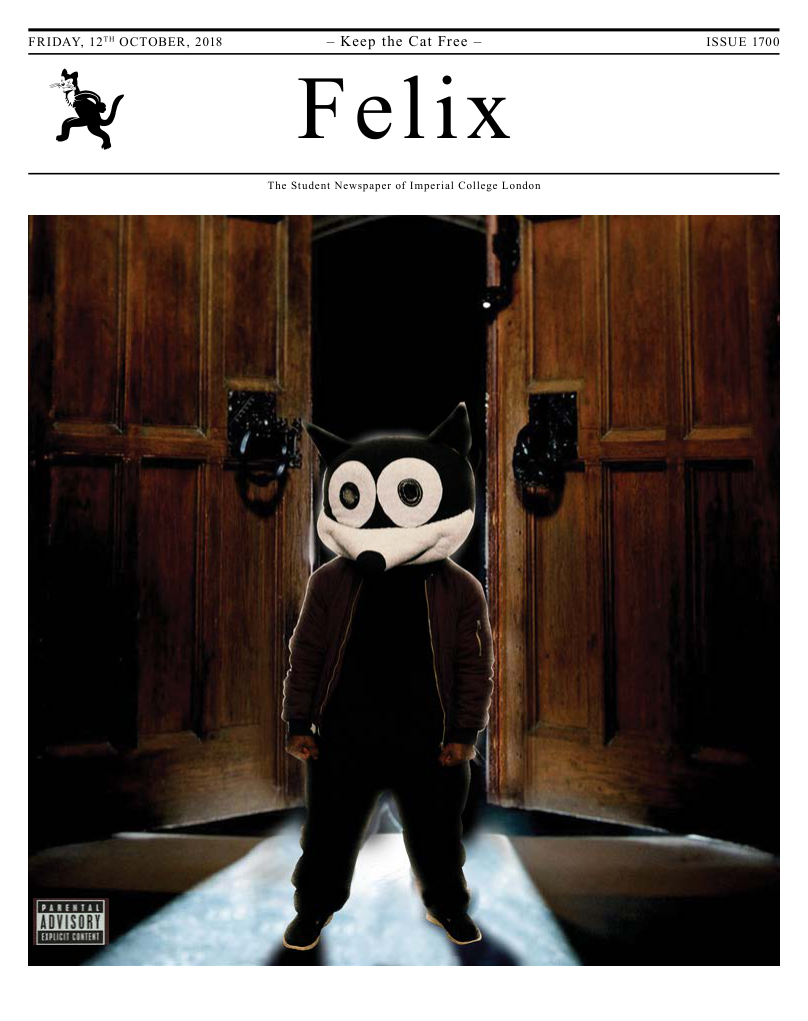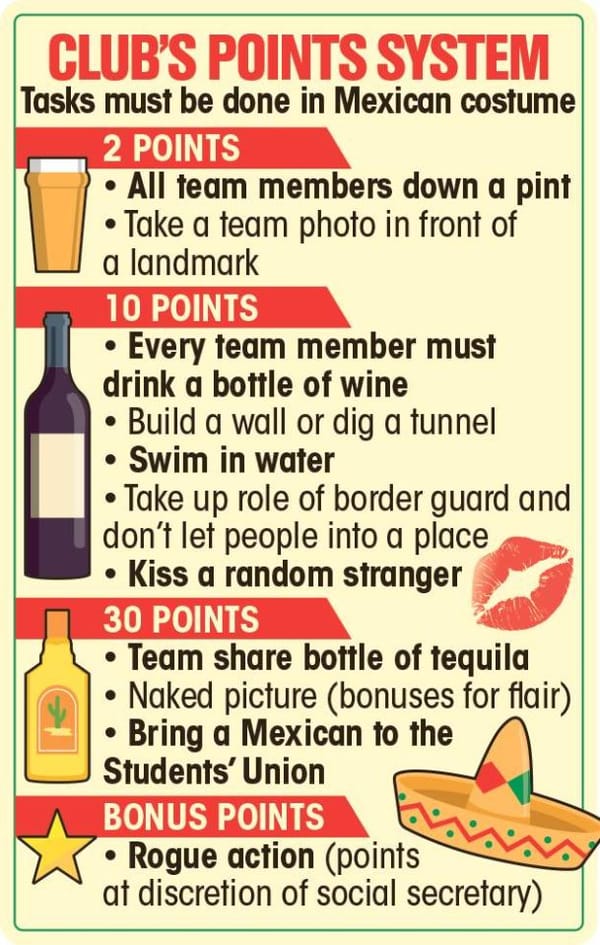Compromising image of Imperial College Union Managing Director emerges
Jarlath O'Hara, the Imperial College Union Managing Director, can be seen pictured with a man dressed in blackface

A compromising image involving the Managing Director of Imperial College Union has emerged, Felix reports.
The photograph shows Jarlath O'Hara, the Managing Director of Imperial College Union, standing beside a man at what appears to be a party. The man can be seen posing while dressed in blackface.
The photograph, which is from over 12 years ago, was publically viewable as a 'featured image' on Jarlath's Facebook page and was discovered by an Imperial College undergraduate student at the end of July. Jarlath was made aware of the image's discovery at the end of August and immediately took action to remove the photograph from his Facebook profile, as well as later issuing the following apology: "I entirely condemn the act of 'blacking up' and at no stage have I ever condoned this or other discriminatory behaviours. I am deeply sorry for any offense or concern that this has caused".
In his position as Managing Director of Imperial College Union, Jarlath is effectively the highest ranking member of staff in the Union. At the time when the picture was taken, Jarlath was working as a Sabbatical Officer at the London School of Economics (LSE). He held the position of Sport and Recreation Manager at LSE and, following the event in question at which the compromising image was taken, he proposed measures to ensure that subsequent events remain acceptable at all times. This was through ensuring that it was a requirement for all event themes and fancy dress ideas to be run through LSE's Student Union prior to each event.
Following the emergence of the concerning image, an investigation was launched by Rob Tomkies, the Imperial College Union President. and Jill Finney, the Head of the Board of Trustees; both of whom have issued statements to Felix. Rob stated: "The act of “blacking up” and indeed any form of discriminative behaviour is completely unacceptable. Furthermore the Union completely condemns being passive in reaction to such behaviour.
Jarlath took direct action at the time of the event, twelve years ago, to prevent this type of behaviour happening again. Since joining Imperial College Union two and a half years ago he has brought tackling discrimination and social injustice to the forefront of the Unions priorities for the first time."
A meeting was held on Friday 5th October between Jarlath, Rob and concerned students who had seen the image; six of whom are BME students. Jarlath began the meeting by extending his apologies to those present and reiterating his condemnation of 'blacking up', whilst maintaining that he didn't know the picture existed and describing himself as "very embarrassed, very concerned, a bit confused and annoyed" following the picture's existence being brought to his attention. He also stated that he "recognises that the photo being visible is a secondary aspect and the fact that the photograph was taken is the primary issue here". During the meeting, the students present repeatedly urged Jarlath to extend the apology made to those present to the wider student body through the release of a public statement/ acknowledgement. Jarlth declined to do so.
In a statement on behalf of the Board of Trustees, Jill Finney said: "The Board considers any kind of discrimination utterly abhorrent. It is deeply unfortunate that Jarlath found himself photographed in these circumstances over 12 years ago. Compromising historical images are increasingly a feature of our daily lives and it is incumbent upon all of us to ensure we do not participate or fall victim to them. The Board does not tolerate racism of any kind and have satisfied themselves that Jarlath has no racist intent whatsoever."

The act of dressing in blackface (or 'blacking up') was a form of theatrical make up used by non-black performers to caricature a black person. The practice gained popularity during the 19th century and contributed to the spread of racial stereotypes until it ended in the United States with the Civil Rights Movement of the 1960s.







